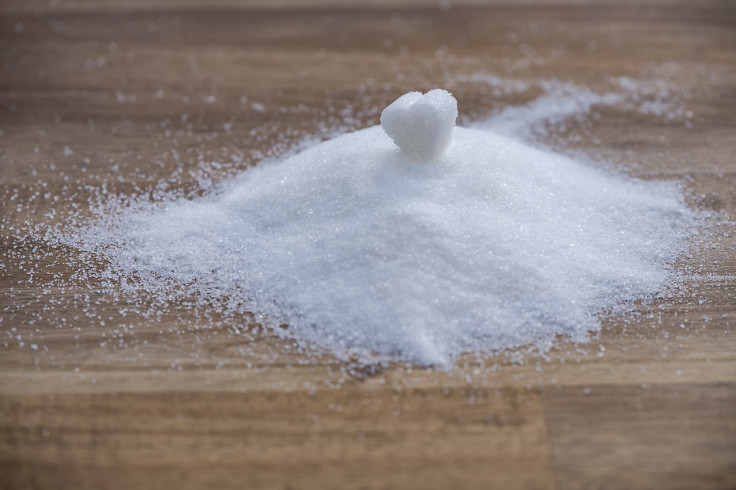Diet high in sugar may adversely affect gut health and increase risk of colitis
Akkermansia, a bacteria that produces bad enzymes increased in number while good gut bacteria like lactobacillus decreased in number.
Sugary food may be irresistible for the palate, but it can pose more threat to health than merely raising blood sugar levels. Recent research found that a diet that is high in sugar is bad for intestinal or gut health.
A study published this week in Science Translational Medicine found that a diet that is high in sugar increases one's risk of developing colitis, which is a type of inflammatory bowel disease (IBD). Researchers from the UT Southwestern Medical Center in Dallas, Texas studied the outcome of dietary sugars in mice for a week and came to the aforementioned conclusion.
The researchers fed mice with a solution that contains 10 concentration of dietary sugars, which include fructose, glucose, and sucrose. They found that mice who were first given sugar developed severe symptoms. This was observed in mice that were either genetically predisposed to develop colitis, or in those that were given a chemical that induces the disease.
The researchers used gene sequencing to identify the prevalence of bacteria that are found in the gut of the mice before they received the sugar treatment. After they were given sugar solutions for seven days, they exhibited changes in the gut's microbial population.
Akkermansia, a bacteria that produce bad enzymes increased in number. On the other hand, good gut bacteria like lactobacillus decreased in number. The researchers saw that the mucus layer protecting the large intestine's lining became thin. They also saw other signs of infection brought about by other bacteria. The increase in bad bacteria always poses a risk for the mucus barrier of the intestine. When the mucus layer is eroded, it can lead to intestinal inflammation.
The researchers noted in a university release that although among the sugars, glucose was seen to have the most devastating effect, all three (glucose, fructose, and sucrose), altered the gut's composition. There have already been previous studies that showed that the gut microbiome of both mice and humans can change as a result of changes in diet.
Hasan Zaki, Ph.D., the lead author of the research, said that he is now planning to study if high and low sugar intake will also have an effect on the development of other inflammatory diseases. He is planning to look into fatty liver diseases, obesity, as well as neurodegenerative diseases like Alzheimer's.
© Copyright IBTimes 2025. All rights reserved.






















